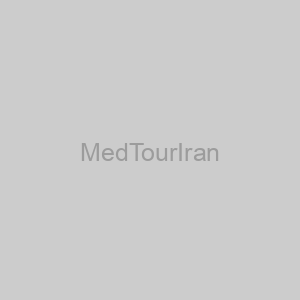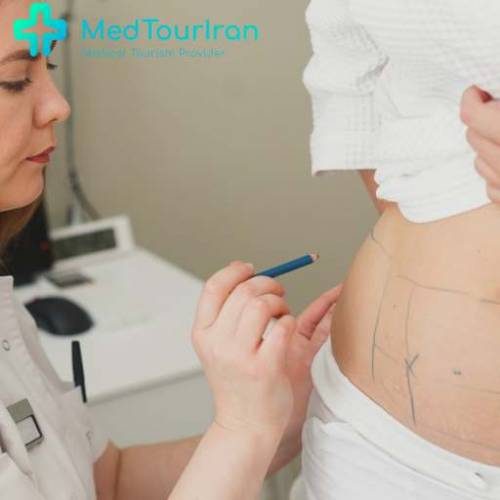

Collagen constitutes 75 percent of the skin’s dry weight. So 75 percent of your skin is collagen, and of that 75 percent, in normal skin, the majority of collagen, about 90 percent, is type 1. Collagen is a natural protein that is responsible for holding the elasticity of the skin. As we age, the body reduces the natural production of collagen. Still, there are many ways to boost the level of collagen in the skin, and collagen injection is one of them. The collagen used for collagen injection can be taken from different sources and injected into different parts of the body.
There exist about 30 types of collagen. But as we mentioned, over 90 percent of the collagen in the human body is type one. Therefore when it comes to skin, it is collagen type one that we are looking for, with smaller amounts of collagen type 3, which comprises about 10 to 15 percent of all of the collagen, and type 5, the amount of which is minimal in normal skin. In contrast, scarred tissues are composed of greatly increased amounts of type 3, about 33 percent, and type 5, about 10 percent. Scarred tissue is an exaggerated form of aged tissue. As we age, we have increasing amounts of type 3 collagen in our skin. So we should eat more type 1 collagen in particular, or we can try to get that ratio back to healthy and younger skin by injecting collagen to our skin.
Injectable polymethyl methacrylate (PMMA) with bovine collagen (commercially known as Bellafill) is a bio stimulatory filler that lasts at least five years. This collagen-based filler is FDA approved, and it is safe in the body for five years. It is a medication that stimulates your natural collagen, and so after the injection, the collagen that is naturally produced is what creates the volume that you’re looking for. as you inject the collagen-based filler, it increases your own natural collagen production which creates the final result. As we get older, we lose our own volume, and we tend to deflate. So as you lose your own collagen, you may need to stimulate collagen production.
After the collagen injection procedure, your body might show some sort of allergic reaction to the injected collagen. These reactions will appear as clumping, bumps, and abscesses on the area of skin to which the collagen is injected. Collagen injected areas of the skin may appear Uneven, or you can develop Skin rash and experience itchiness. Infection can be a risk in any sort of injection and surgical procedure, the collagen injected area may bleed, bruise, or swell, and the tissue and nerves on the collagen injected area may go through damage.
Risk factors that may increase the chance of complications include:
The cost of collagen injection depends on factors like the amount of injected collagen and the area to which the collagen is injected. In the United States, the cost for each collagen injection session starts from $250 and goes up to even $800. In India, these prices start from $150 to $500, and in turkey, you can have your collagen injection with the cost of $180 up to $650.
Iran is one of the best countries you can choose for your collagen injection procedure. The reason for that is that Iran enjoys having the most professional and experienced cosmetic surgeons, who have acquired international popularity by now. Hundreds of minor and major successful cosmetic procedures and surgeries are done by Iranian cosmetic surgeons every day in the most equipped and advanced beauty clinics and hospitals in Iran.
As one of the most professional and experienced medical tourism companies, MedTourIran has predicted every single necessity for a person that travels abroad to have a medical procedure. MedTourIran has put together medical packages that include free consultations, visa, sim card and Internet, an interpreter upon your arrival, transfer, accommodation in 3 to 5- star hotels, treatment, and follow-up. MedTourIran offers its medical packages with the most affordable prices and the best quality. Contact us for a free consultation and know the collagen injection cost in Iran.
Read More:

22 Jun 2020

18 Jun 2020

16 Jun 2020

15 Jun 2020

27 May 2020

12 May 2020